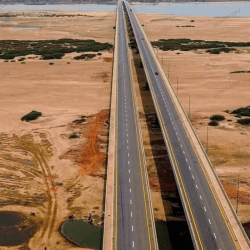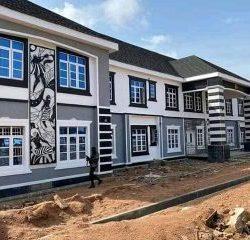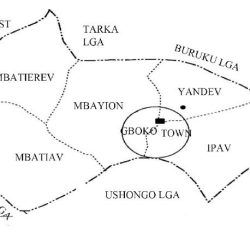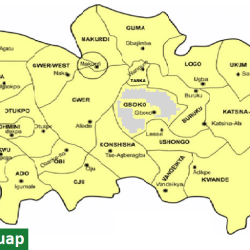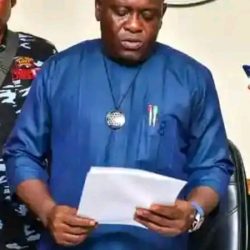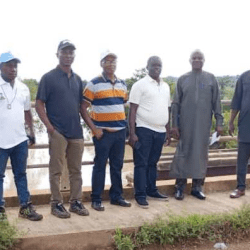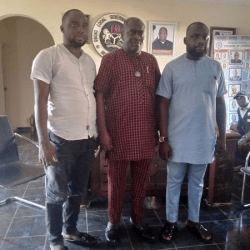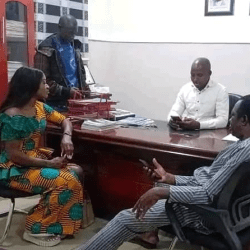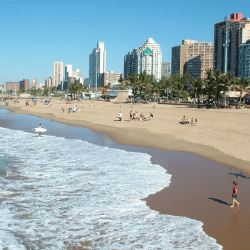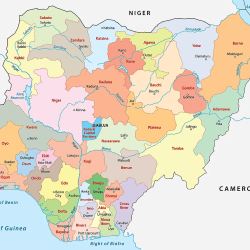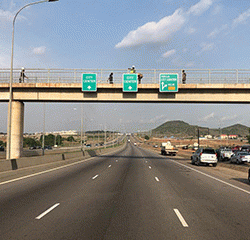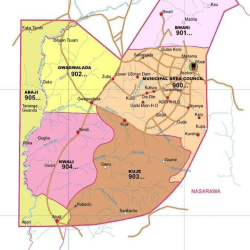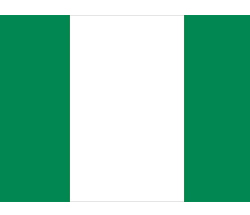Gboko, a vibrant and fast-growing town in Benue State, North-central Nigeria, holds a prominent position as the traditional capital of the Tiv people. Known for its historical, cultural, and economic significance, Gboko continues to thrive as a central hub for commerce, administration, and traditional leadership.
Historical Background of Gboko
Gboko’s establishment dates back to 1933, when the Tiv people decided to create a centralized town to serve as the capital of their nation. This move was prompted by the need for administrative organization and the installation of their paramount traditional ruler, the Tor Tiv. The town’s name is believed to originate from the “Wo Gboko” hill or a species of stunted trees found in the area.
Before Gboko’s creation, the British colonial administration established trading posts in other parts of the Tiv region, such as Makurdi, Abinsi, and Katsina Ala, in the late 19th century. These towns initially served as trading hubs and were populated by non-Tiv traders, while Tiv people remained predominantly farmers. Gboko emerged later as a center dedicated to the Tiv people’s administrative and cultural needs.
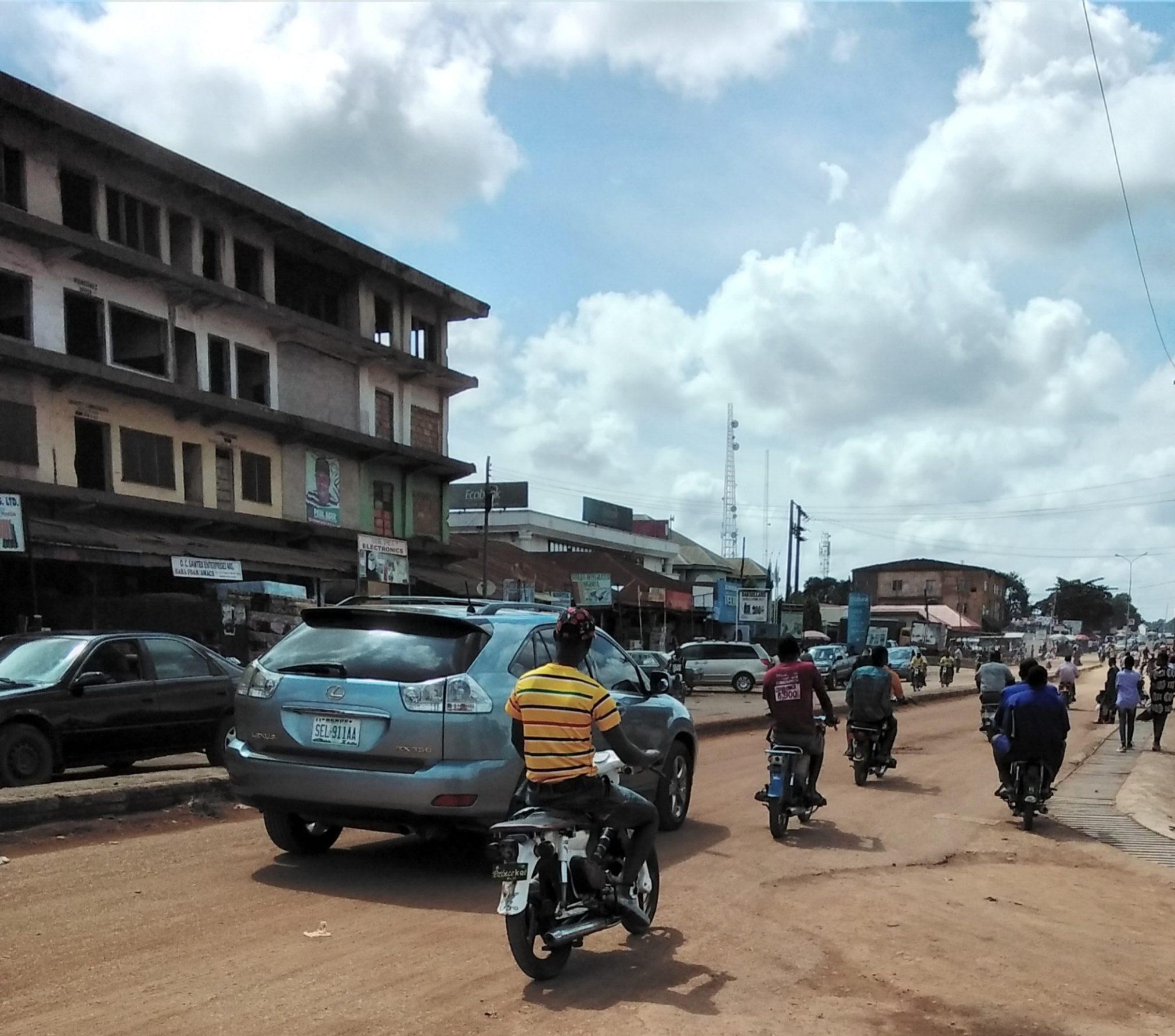
Location and Connectivity
Gboko is located in the heart of Benue State, strategically positioned to serve as the commercial capital of the state. It is the second most visited town in Benue after the state capital, Makurdi. Gboko’s road networks, such as JS Tarka Way, make it a well-connected town with access to surrounding regions and towns.
Administrative Importance
Gboko is not only the capital of the Tiv nation but also the administrative center of Gboko Local Government Area (LGA). The LGA comprises numerous council wards, including:
- Mbakpegh
- Igyorov
- Mbatan
- Gboko-South
- Gboko-North-West
- Yandev-South
- Gboko-Central Market
- Ukpekpe
- And others.
These council wards collectively support a population of over 500,000 residents, predominantly Tiv people.
Cultural and Traditional Significance
The Tor Tiv and the Tiv Nation
As the traditional capital of the Tiv nation, Gboko hosts the official residence of the Tor Tiv, the paramount ruler of the Tiv people. The Tor Tiv is not only a cultural figurehead but also plays a key role in unifying and representing the Tiv people on national and international platforms.
Festivals and Traditions
Gboko is a focal point for traditional Tiv festivals, dances, and cultural events, which highlight the rich heritage of the Tiv people.
Economic Activities in Gboko
Gboko has grown into a bustling commercial center, often regarded as the economic capital of Benue State. It boasts a central business district and thriving markets like the Gboko-Central Market, which serves as a trading hub for agricultural products and goods.
Agriculture
While many Tiv people in Gboko engage in farming, the town’s economy has diversified over the years. The surrounding fertile lands support the cultivation of crops such as yams, cassava, and maize, which are essential to the local economy.
Commerce
The Gboko-Central Market and other smaller markets play a vital role in trade, attracting buyers and sellers from within and outside Benue State.
Natural Features and Attractions
Gboko is surrounded by picturesque landscapes, including the famous Mkar Hills, which offer breathtaking views and opportunities for hiking and eco-tourism. These natural landmarks enhance the town’s appeal to both locals and visitors.
Gboko remains a cornerstone of Tiv heritage and identity, embodying the culture, history, and resilience of its people. As a growing commercial hub and the seat of traditional leadership, the town continues to shape the destiny of the Tiv nation and contribute significantly to Benue State’s development.

